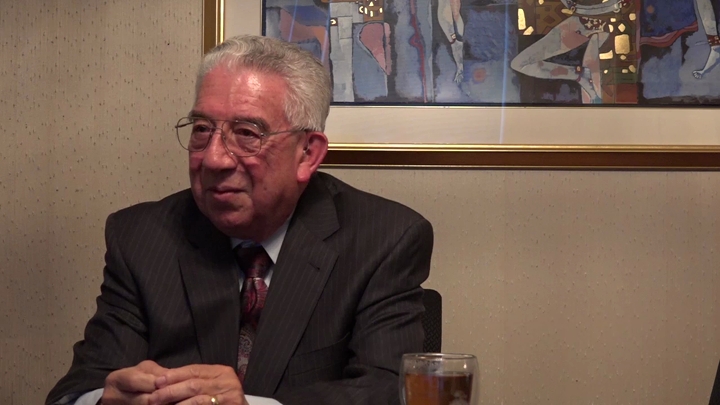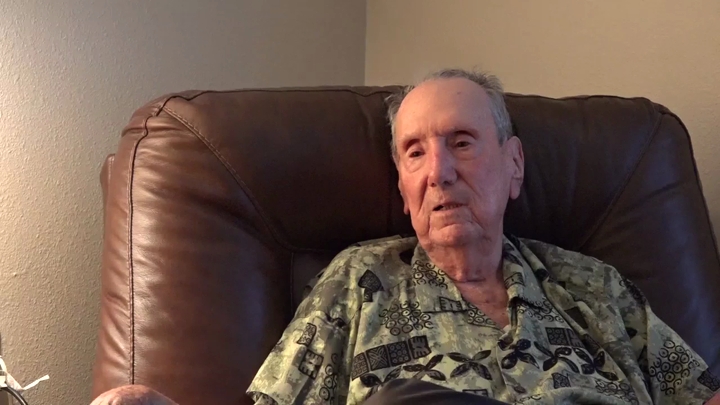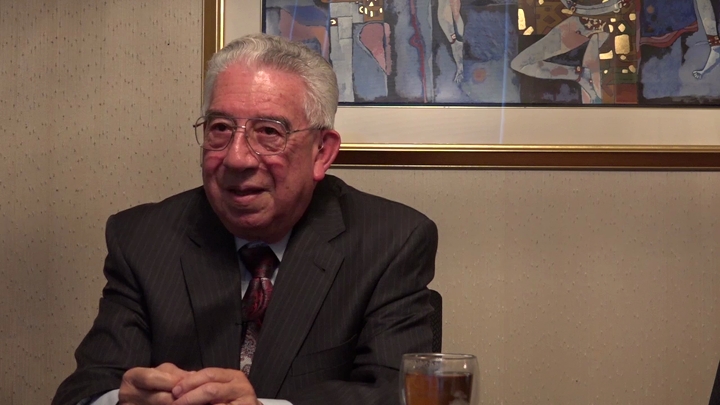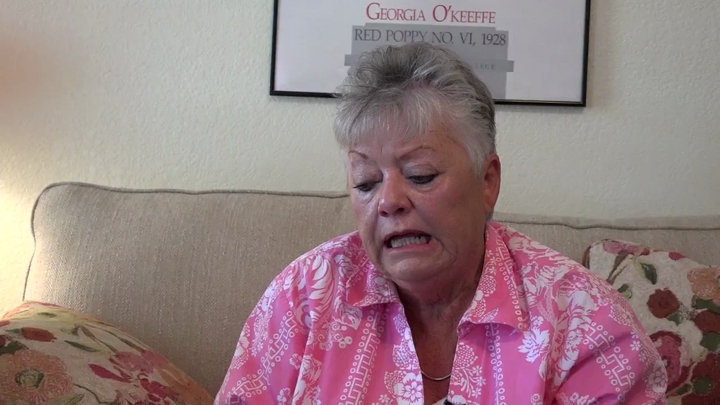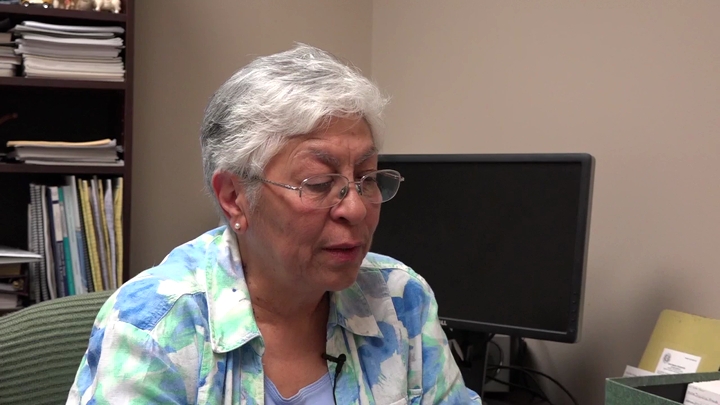Harrington / Direct Action in the Community
sign up or sign in to add/edit transcript
Arionus: Would you say that the growers played a part in shaping that? Harrington : Yes, sure. Absolutely. That was just part of their exploitation of workers in anyway possible. At that time too, my wife at the time, was one of the union organizers so we had that family relationship that played into it. So if we needed plaintiffs, for example of a particular type for a case- one of the things that we did I thought was kind of creative is that the valley- the sugarcane came to the valley- and it is hand harvested. It really involves a lot of people. But of course with the growers wanted was to burn the field and then they harvested mechanically. So you do not have very many workers. But you can imagine what the smoke does. So we actually tried to use the environmental laws to block it. But it was actually a way of protecting the workers. We ultimately lost, of course, but it was fun for a couple of years because we had them on the run and they did not know what to do. Arionus: Were there many, aside from the major labor demonstrations that many of us are familiar with, did the farm workers union have strikes during a time that you were there? If so did you guys in your organization, did you help protect their right to strike? Harrington : Yes, there was a whole series of strikes that went on over at two or three year period- in 1975. Yes I think that’s when they started. They were Wildcats and were just fed up. So then the question was to try to direct them- to put structure and goals and that kind of stuff. That was really tough because like I said they were Wildcats. All the sudden you wake up and you have this big strike going on and people don’t know what to do. They just know they are very unhappy and mad. So that kind of stuff went on. As the union got more organized, and the strikes calmed down, what do union might do is to organize in the Colonia. Each Colonia would have a farm worker union committee. So there were more strikes then, but there were never any that were successful in producing a contract. They were always successful in raising the wages, right, because the growers didn’t want them to walk out of the field, they were raising money. But we did a lot of that litigation because the union got sued all the time for trespass and all that kind of stuff that employers used. But they never won anything, but they spent a lot of time in court. But that was part of our project was to support the organizing rights of farmworkers. That meant many times to that I had to get involved as an organizer. You know, how are you going to control the strike. You cannot just let it spread. If it doesn’t have any direction you’re not going to get anything out of it, and also you have to control the violence. People have a propensity to really get mad and start throwing rocks. Totally understandable, but then it is used against you. It creates bad PR. So I spent a lot of time doing that as well. I did a lot of non-legal legal stuff. Arionus: Can you speak a little bit more on the non-legal legal stuff? It seems to me that maybe part of your role as a lawyer would be to educate the community about their rights? Harrington : That is basically it, how do you organize in the legal context. You also want to push the legal context because it is repressive. Texas is a right to work state and is designed to keep workers for organizing. So you want to punish the envelope, definitely to expand the rights. But you still have to stay within a framework. That is the one advantage of being a lawyer because when you say to them “hey here is this law that says you cannot go into the growers house,” for example. You can say you can’t do that but you can come into the front yard. You may want to push it so that you can be on the front steps. I’m not saying that the end of it but it’s how you look at the parameters and then explain to the people. You can walk back-and-forth in front of the entrance of the farm with your pick up signs. You can get on the canal and Yellit people who come to work. But you cannot physically keep them from going to work. And you cannot physically park your truck at the entrance so that other people cannot get it. And then there is a gray and between area that you might do when the cops are watching. If there’s no evidence afterwards, you know, that’s what lawyers do is to help and protect the gray. Arionus: Could you provide an example of one of these gray areas? Harrington : Well, you can walk real, real slow and pick it very slowly across the entrance of the driveway. But always be moving so that when you have to testify or you can say I don’t know how fast I was going but I was walking.
| Interview | Interview with Jim Harrington |
| Subjects | Family › Marriage |
| Work › Occupations | |
| Work › Labor Unions | |
| Court Cases | |
| Police and Law Enforcement | |
| Historic Periods › 1970s [Exact Date Unknown] | |
| Direct Action › Strikes | |
| Chicano Power › Chicano Power and Community Organizing | |
| Work › Compensation | |
| Geography › Colonias | |
| Work › Workers rights | |
| Tags | sign up or sign in to add/edit tags |
| Interview date | 2016-06-13 |
| Interview source | CRBB Summer 2016 |
| Interviewees | Harrington, Jim |
| Locations | South Texas |
| Duration | 00:06:45 |
| Citation | "Direct Action in the Community ," from Jim Harrington oral history interview with , June 13, 2016, Austin, Civil Rights in Black and Brown Interview Database, https://crbb.tcu.edu/clips/5498/direct-action-in-the-community, accessed February 27, 2026 |


